Celebrating Black History Month 2023



When you hear of Black History Month, what images come to mind? Martin Luther King speaking at the Washington Monument? Nelson Mandela raising a fist in celebration as he walked free from prison? These are iconic images, burned into the global collective consciousness, but this focus on the Black histories of a few countries, not necessarily our own, creates blind spots that warp our view of ourselves, our own past, and ultimately the world we live in.
For instance, knowing so well the struggles for racial equality in the USA and South Africa can trick us into overlooking the history of discrimination and struggle in our own countries. Many in the UK have heard of Rosa Parks and the Montgomery Bus Boycott, but how many know about Roy Hackett and the Bristol Bus Boycott in 1963? The violent white mobs of Little Rock, Arkansas, are possibly more familiar to many than those of Cardiff, Glasgow, or Liverpool, where in 1919, Charles Wotten, a Black sailor, was thrown to his death into the docks, while the crowd chanted ‘Let Him Drown!’. These are features of UK history which have been lost to popular memory, though their legacy remains with us.
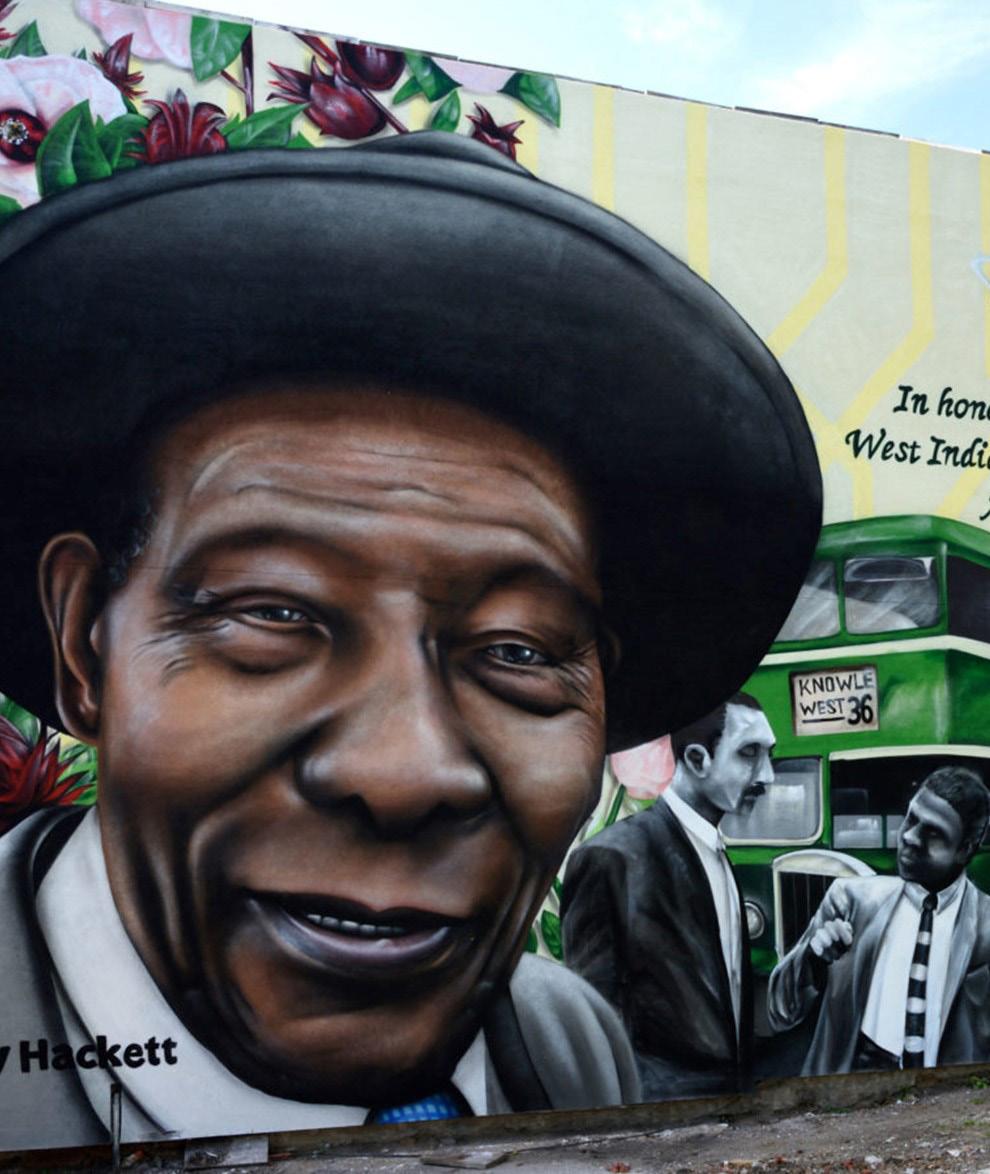


And what else has been lost or forgotten? First, migration from Africa did not begin with the Atlantic slave trade nor were Europe or the Americas the only destinations. Millions of East Africans crossed the Indian Ocean for centuries, to trade, to work, sometimes free, sometimes enslaved. They were sold as slaves in China and found work in the armies of Bengal –Shahzada Barbak (died 1487) even rose to become a Bengali sultan. Another enslaved African, Malik Ambar (1549-1626), ruled over the Deccan region in India. In Britain, people of African origin have made lives on these shores for 18 hundred years, first arriving in Roman times. And yet, the arrival of people of African origin in the UK and elsewhere is commonly seen as a relatively recent 20th Century change. Countless examples prove this not to be the case: John Blanke was a Black trumpeter at the court of Henry VIII – he requested and got a pay rise out of the king; Black silk weavers traded in Tudor London; Cattalena of Almonsdbury was an independent Black woman who lived out her life in rural Gloucestershire in the 1600s. Thousands of Black Britons lived in Georgian and Victorian England – they fought at Trafalgar; they fought at Waterloo. Black history is part of the fabric of British history, and Black people have shaped and continue to shape the culture and life of these islands. The same goes for countries around the world, across Europe, Asia and the Americas. Black History Month is an opportunity and a prompt to rediscover this past. Because, actually, when we learn about Black History, what we are in fact doing is learning about the history of us all, no matter what the colour of our skin.
- Ben Lewsley, Head of HistorySo to find out more about this forgotten history, your history, what can you do?

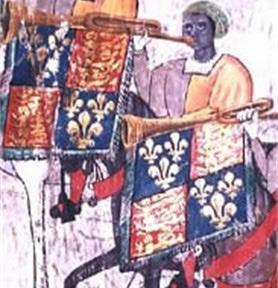


You could read a book: Afropean by Johny Pitts, David Olusoga’s Black and British, Olivette Otele’s African Europeans or Black Tudors by Miranda Kaufmann are all eyeopening reads. Reni Eddo-Lodge’s Why I’m no longer talking to white people about race covers more recent British history, while her podcast takes the story up to the present day.

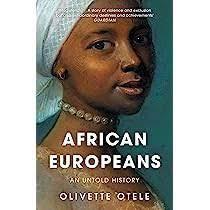
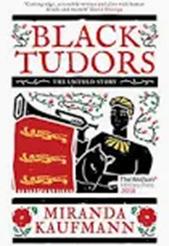
The first three Black students at Wellington were all members of the Ethiopian royal family. The first, Prince Makonnen, the second son of Emperor Haile Selassie, entered the Talbot in January 1939 at the age of fifteen. However, the events of the Second World War meant that he left in the summer of 1940, returning to Ethiopia to join the fight against the occupying army of Fascist Italy. From being a Private in the Wellington Corps, he immediately became a commander in guerilla warfare, fighting alongside Ethiopian and British troops until the country was freed. He is said to have often worn his Old Wellingtonian tie with his military uniform.
In January 1948, Prince Makonnen’ brother, Prince Sahle Selassie, and his nephew, Prince Iskinder Desta, both joined the Blücher, transferring from a school in Scotland. Sahle was sixteen and did not want to move; he was unhappy at Wellington and left after two terms. However Iskinder, known at Wellington as Alexander, settled in quickly and was popular with his contemporaries. He was a talented fencer and became a member of the College fencing team. A good runner, he represented Wellington in the Colts athletics team and did well in the Kingsleys. He also seems to have shown considerable initiative in some slightly unusual ways, as one of his Wellington friends later recalled: ‘Together we formed a club to investigate the world of business, which necessitated special trips to manufacturing companies such as Huntley & Palmer and Serpels Biscuits (lots of free samples). In addition, he called on the Ethiopian Embassy to send us the embassy car, in order to visit London art galleries. There, we would obtain a catalogue at the front door as evidence of attending – although in fact we had spent the intervening time enlarging our education in other areas!’
For his first couple of terms at Wellington, Iskinder lodged with a member of the teaching staff and his wife, as there was no room in the Blücher at the time. After transferring to the House, he would still go back to visit the couple for Sunday tea every week. The wife, Barbara Scott, later described him as ‘a very fine human being. He had marked wisdom even as a little boy, he was affectionate, humble-minded and honest, and for us he always meant something very special.’

Origin of Black History Month: Black History Month in the United Kingdom was first celebrated in 1987. It was inspired by the American observance and aimed to recognise and celebrate the contributions of Black people to British society.
Iskinder stayed at Wellington for three years, leaving at the age of sixteen to join the Royal Navy where, according to Mrs Scott, ‘he cheerfully scrubbed the decks alongside the other cadets.’ He then transferred to the Ethiopian Navy and made a career there, rising to the rank of Rear Admiral. He stayed in touch with Wellington and gave assistance when the College pioneered the scheme of GAP years abroad in the early 1970s. Sadly, he was one of many Ethiopian royals and officials executed during the Ethiopian Revolution of 1974.
The family connection with Wellington has continued, as Sahle Selassie’s grandson, Christian Sahle-Selassie, was in the Blücher from 2005 to 2010. He too represented the College in athletics, and gave a very impressive performance as Othello in the school production of Shakespeare’s play.
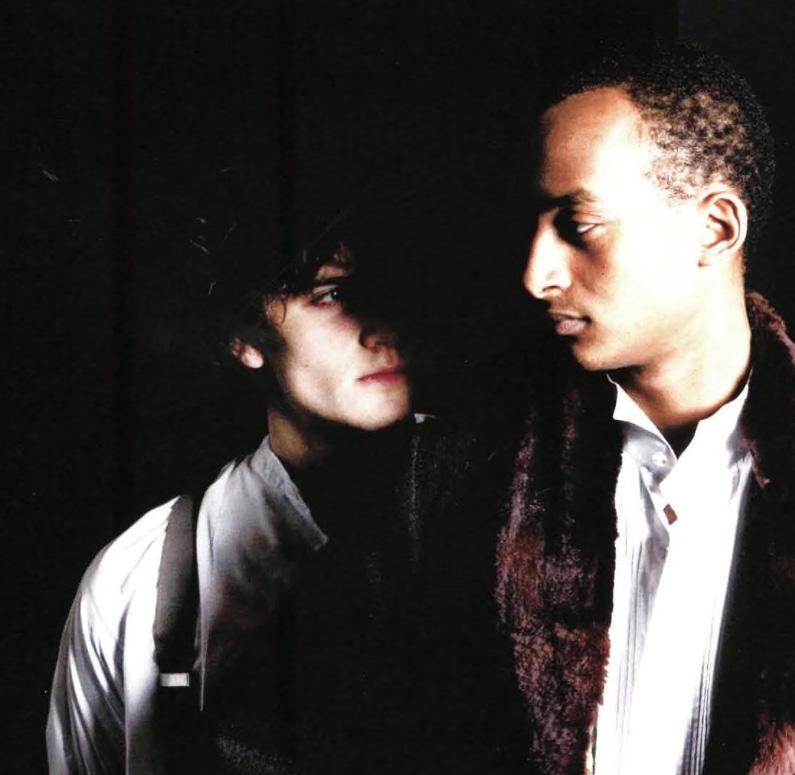 - Caroline Jones, Archivist
- Caroline Jones, Archivist
In a world often marked by silence, these exceptional black women have chosen to raise their voices against injustice, using the power of their pens and the strength of their convictions to ignite change. Their words reverberate far beyond pages and speeches, dismantling barriers and paving the way for progress. Through their courage, they prove that speaking truth to power is an act of resilience, and that even the smallest voice can ignite a movement.
"Black Women, fight now for the future of your kids."
Olive Morris's legacy of resistance lives on through her activism and words. Her voice was a catalyst for change in the fight against racial and gender injustice. Olive's journey showcases the unyielding power of using one's voice to incite meaningful change and stand against oppression.
"The history of Black women in Britain is a testimony to our ability to survive, adapt and grow in the face of adversity”
Stella Dadzie's activism is rooted in amplifying marginalised voices. Her co-authorship of "The Heart of the Race" exposed the experiences of black women in the UK. Stella's journey reflects the power of collaboration and using words to uncover untold histories, rewriting narratives for generations to come.
"The truth will always find its voice."
Yvette Williams OBE's advocacy for justice after the Grenfell Tower tragedy is a resounding call for accountability. Her voice represents the collective demand for truth and change. Yvette's journey showcases the importance of demanding justice and using words to amplify collective voices.
On the 10th anniversary of Jessica Huntley's passing, her legacy still shines brilliantly.
Rising from resilient roots, she championed Black British voices, defying adversity. Her fervour birthed narratives that resonate deeply today, inspiring and uplifting countless souls. A testament to enduring passion and purpose, Jessica's spirit eternally guides and galvanises us. Celebrate her indomitable journey; let her story empower ours.
"Being British is not a matter of straightforward lineage, but a complex interweaving of histories, cultures, and choices."
Afua Hirsch's advocacy is a rallying cry for justice. Through her writing and activism, she amplifies marginalised voices and challenges societal norms. Afua's journey exemplifies the impact of raising awareness and the importance of speaking out against systemic inequities.
"Know that there is something inside you that is greater than any obstacle."
Yrsa Daley-Ward's poetry bridges the gaps between emotions and shared experiences. Through her words, she addresses mental health, identity, and societal challenges. Yrsa's journey reminds us of the profound impact of using one's voice to create empathy and understanding.
"Stories are a way to create ourselves, redefine ourselves, reinvent ourselves and also to invent ourselves."
Bernardine Evaristo’s voice in literature is a testament to the potency of storytelling. Her novels unearth hidden narratives, exploring the lives often overlooked. As the first black woman to win the Booker Prize, she disrupts the status quo and amplifies diverse stories, reminding us of the transformative power of narratives.
SPONSORED BY

For us, Black History Month is about celebration, commemoration and aspiration. Of course, the global community should strive to champion Black voices, stories and goals throughout the year, but this month serves as a specific period where we can further prioritize our investigation into our historical neglect of Black narratives, whether they be uplifting, or as is sadly more common, tragic. Particularly in Black History Month, these more sombre histories must be duly paid tribute to whilst equally we should ensure we appropriately celebrate the more positive Black stories of the past. Looking back to memorialise, ingest and learn from Black history is not the only thing this month is about, however. In October, it is also of paramount importance to focus on our ongoing efforts to fight for the dismantling of the racist systems of oppression Black people currently live under. We, as Heads of College, are looking in depth into what we can do around this on a college-wide basis. This, of course, is why Black History Month is so crucial, as it designates us specific time to focus on the past and future of Black people, therefore helping to combat anti-black racism in our modern world.
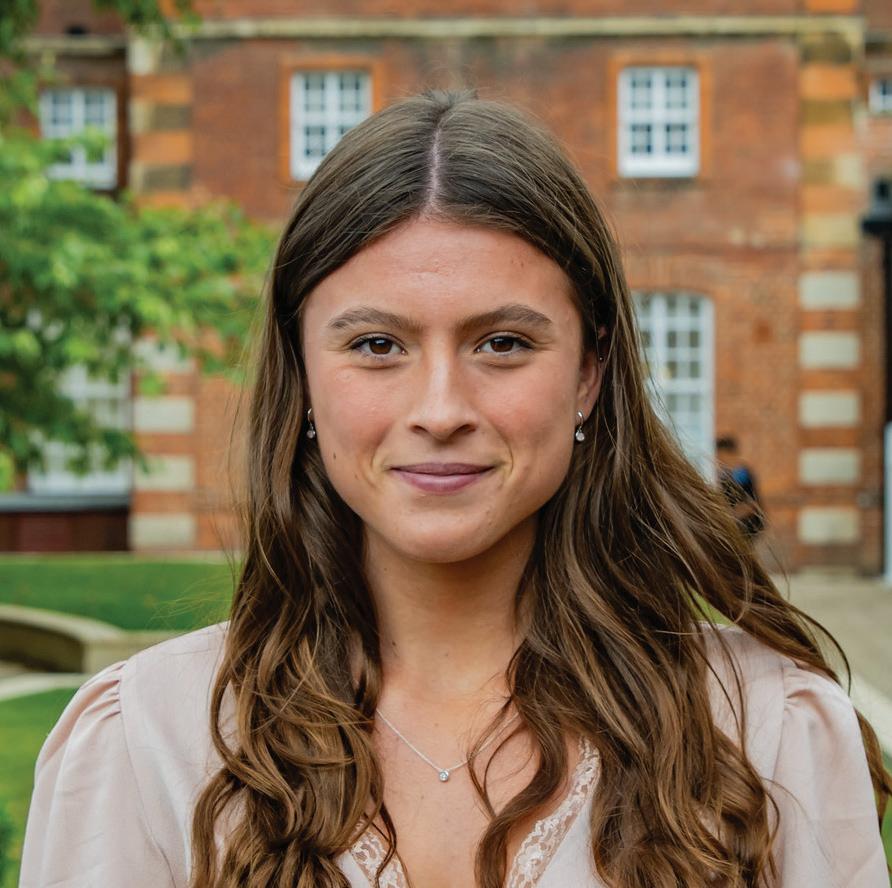
This year the Black History Month theme is ‘Saluting our Sisters’ and takes the opportunity to honour the achievements of Black women.
The Mallinson Library Team would like to highlight a very apt non-fiction book, available in the library, which tells the story of Black women scientists and mathematicians.
Hidden Figures: The Untold Story of the African American Women Who Helped Win the Space Race by Margot Lee Shetterly
‘Hidden Figures’ tells the fascinating story of the Black female mathematicians who worked at NASA from the 1940s-60s, overcoming discrimination and segregation. It focuses on the lives of Katherine Johnson, Dorothy Vaughan and Mary Jackson. These pioneering women had brilliant mathematical minds and the courage and resilience to work as ‘computers’, gathering and analysing data for the male engineers. Katherine Johnson calculated rocket trajectories for the Mercury mission and was uniquely trusted with this task by astronaut John Glenn. These women became vital contributors to maths, science and engineering history as well as selflessly championing and supporting other Black women.
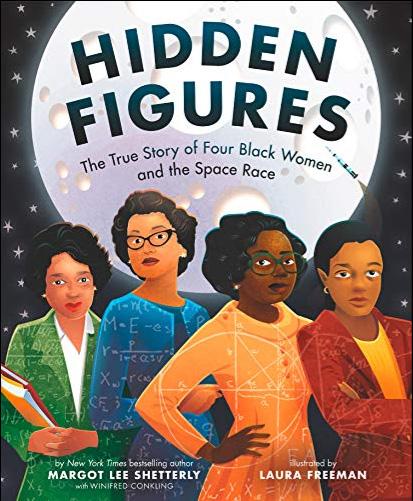

Just sayin’: My life in words by Malorie Blackman
I Know Why The Caged Bird Sings by Maya Angelou
The History of Mary Prince by Mary Prince
Sport at Wellington College aims to be Enjoyable, Engaging, Developmental and give an avenue for Positive Outcomes for all pupils. By having these four overarching aims, Sport at Wellington College is aiming to provide opportunities via delivery of sessions and the sports that are run, to be an inclusive space for all pupils. It is clear from the world of sport at all levels, that Sport and racism have been and remain intertwined. In recent years, many campaigns and initiatives have been seen to raise awareness of the issue of racism both in Sport and wider society, such as players ahead of Premier League Football fixtures taking a knee.
As well as celebrating Black History Month, October is also the month where the charity ‘Show Racism the Red Card’ seeks to raise awareness of the issue of Racism in Sport. Wellington College is supporting this cause not only to raise awareness of this important work but also to ignite conversations for positive change within our community and beyond. Wellington College as a whole will be supporting the ‘Wear Red Day’ on Friday 20th October, but ahead of this, on Saturday 14th October, our Sports Programme will turn red for the day as we invite visitors to join us in supporting this important charity by wearing an item of red clothing and reading more information about the work of the charity ‘Show Racism the Red Card’.
- Dan Pratt, Director of SportThe Windrush Generation refers to the Caribbean immigrants who arrived in Britain between 1948 and 1971 in response to labor shortages after World War II. Many of them faced challenges and discrimination but made significant contributions to British society.
On the evening of August 25th 1959, the great American jazz trumpet player Miles Davis was outside the Birdland jazz club taking a break between sets. An NYCPD police officer approached him and told him he couldn’t stand in the street. Miles’ replied, ‘Move on for what? That’s my name up there in lights.’ The police officer began beating Miles and was soon joined by another officer who attacked from behind with a baton leaving him severely injured.
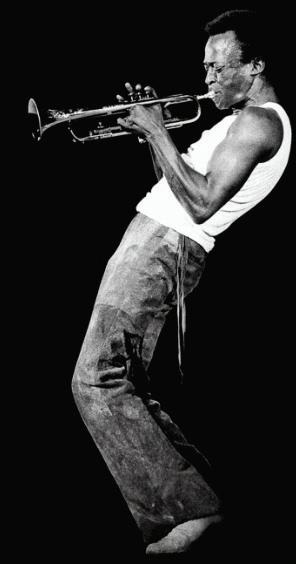
A week prior to this incident on August 17th, Miles Davis had just released the album ‘Kind of Blue’, the greatest-selling jazz record of all time. This would have been a bitter pill to swallow- yet Miles responded with prolific creativity that within ten years redefined the landscape of 20th century music.
The musicians he directed went on to pioneer rock, disco and funk, which in turn inspired pop, electronica, hip hop and rap.

In fact, regardless of the style of music you may enjoy, you owe a huge debt to the creativity of African American musicians of the mid-20th century, who despite the most heinous racism and violence, even whilst performing, chose to respond with creativity, invention and collaboration.
The Wellington College Big Band work to honour the spirit of collaboration under extremis and this year have been inspired by the Afro Futurist jazz movement.
Afrofuturism is generally defined as artistic works (music, film, painting, and so on) that dare to imagine an optimistic, progressive future for African Americans through the lens of sci-fi narratives, often throwing back to tropes of African folklore. Anyone who experienced their tender-aged years in the 1970s probably first encountered Afrofuturism through the hi-tech fantasia of Wakanda, the African homeland of Black Panther, the Marvel superhero; or the rogue adventures of Lando Calrissian, mayor of the interstellar Cloud City from the 1980 Star Wars sequel, The Empire Strikes Back—all this while their parents soaked in the electric excursions of Miles Davis, as the jazz-fusion of Bitches Brew changed the renowned trumpeter into equal parts rock and jazz icon.
In preparation for their performance in the World Arts Concert on the 20th of October the band have learnt music from Brazil, India and Central Africa and will be performing in the Black History Month assembly to celebrate the importance African music has had on our culture. As ever the band are privileged and humbled to learn music from this tradition and respect and honour the suffering and struggle for freedom in which it was created and the gift this has given to world culture.
- Jonathan Heeley, Head of BrassCreative expressions, manifesting as a stunning array of printed and dyed textiles and garments, have come together to grace the Cultural Living Room illuminating a path to understanding and celebrating African history and culture. Through the delicate threads of fabric, GCSE Textile students have woven narratives that resonate, reminding us all of the beauty and boundless potential of artistic expression.
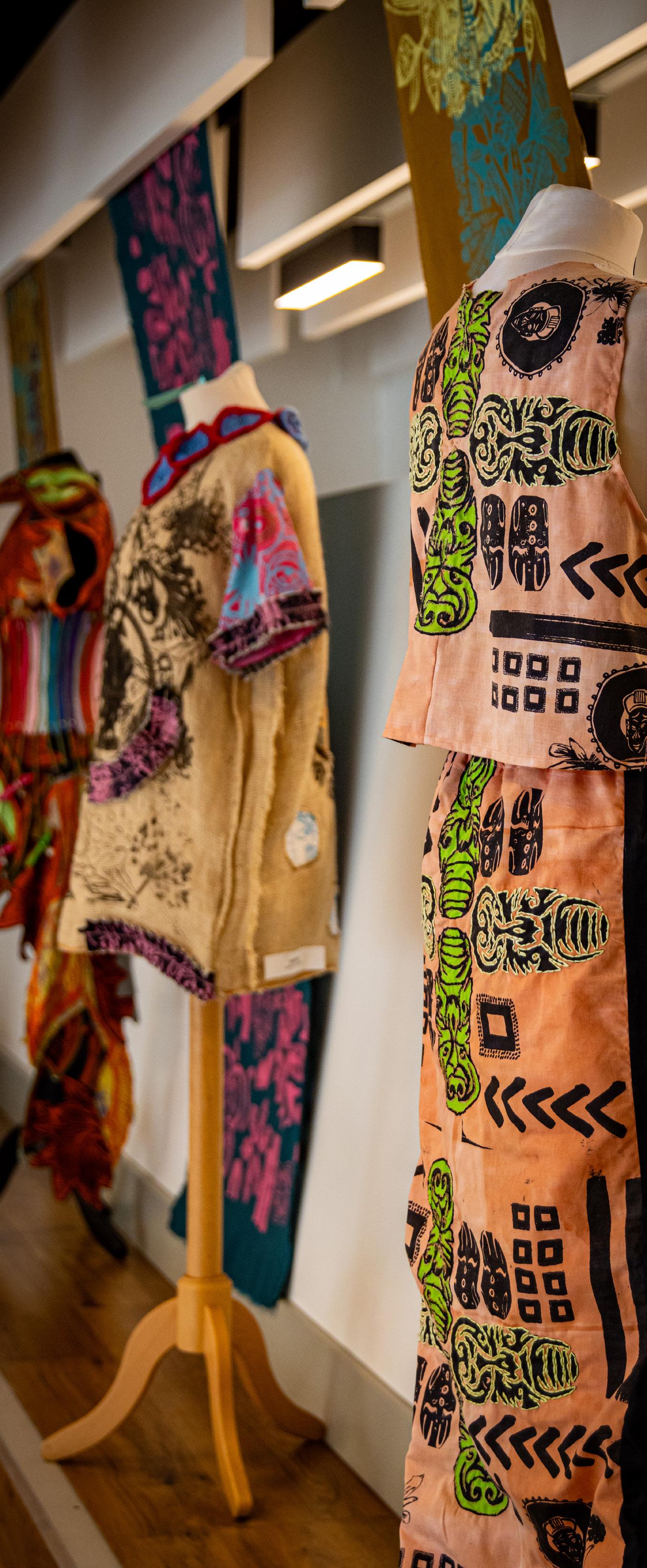
The African Textile Exhibition at the Victoria and Albert Museum (V&A) sparked the imaginations of our young designers. It provided a unique opportunity to delve into both knowledge and imagery. Explorations saw students immersing themselves in Africa’s rich history and contemporary culture, with a particular focus on the traditional African Dutch wax prints.
- Alice Carpenter, Head of ArtRecommended Reads
Fiction:
Small Island by Angela Levy
The Hate U Give by Angie Thomas
Cane Warriors by Alex Wheatle
Long Way Down by Jason Reynolds
GCSE Sketchbook- S. B

The tapestry of British history is woven with the threads of remarkable black women, each leaving a lasting legacy.
Naomi Campbell, more than a renowned name, revolutionised fashion. Beginning her career at 15, she shattered industry norms, empowering black and brown girls globally. Beyond fashion, her activism, particularly in Africa, showcases her dedication to global change.
Chi-chi Nwanoku's (CBE) magic lies in her fingers and her vision. A double bassist and founder of the Chineke! Orchestra, Europe's first professional orchestra made up of majority black and minority ethnic musicians, she’s redefined the classical music scene. Chi-chi's mission isn't just about beautiful music.
Moira Stuart's (CBE) voice and presence in British broadcasting have been emblematic of change. Becoming the UK’s first female African-Caribbean newsreader on national television was just the beginning of her storied career. Beyond her on-screen achievements, her dedication to her craft, and her ability to navigate a space with few like her, makes her an inspiration for budding journalists everywhere.
Betty Campbell's (MBE) narrative is intertwined with breaking barriers. As Wales' first black headteacher, she didn’t just educate; she revolutionised. Born to Windrush-generation parents, her commitment to community and education was unwavering. Through her pioneering efforts, she championed diversity in education, ensuring that the curriculum spoke to all students and their histories.
Dina Asher-Smith is more than just speed; she's a force of nature. Holding the title of Britain's fastest woman, her athletic prowess is matched by her grace, humility, and intelligence. Off the track, Dina is an advocate for women in sports and a role model for young girls, encouraging them to chase their dreams with fervour.
Lady Phyll Opoku-Gyimah, fondly known as Lady Phyll, is more than just an activist. She’s a guiding light for the LGBTQ+ Black community in the UK. Co-founding UK Black Pride, she's devoted her life to intersectional activism, making spaces for queer Black individuals in Britain and ensuring their voices ring loud and clear. Her leadership has redefined inclusivity, inspiring many to embrace and advocate for their dual identities.
Rose Hudson-Wilkins (MBE), with her radiant spirit, has not only made history but has reshaped it. Her appointment as the Church of England's first black female bishop was not just a personal achievement but a monumental moment for every person of colour looking to see themselves in spaces of faith and spirituality.
Charlene White has carved a distinct space for herself in the world of British broadcasting. As the first black woman to present ITV News at Ten, her presence is both commanding and comforting. Beyond her professional successes, Charlene is known for her authenticity, her commitment to community initiatives, and her role as an advocate for greater representation in the media.
History Department Black History Month Talk – 11 October - 16:30
Assembly for Black History Month - 16 October - 08:30
Film Showing ‘Hidden Figures’ – look out for an invitation from Mr Lawes
African Art Exhibition in CLR - Throughout October
What does Black History Month mean to you?
Scan the QR code to hear from Aisosa, Daniel, Tessa, Jessy, Annabel, Mrs Charlier and Mr Davis

Visit www.blackhistorymonth.org.uk to learn more or look out for the latest edition of BiM Magazine around College.
Recommended Reads
Graphic novels:
The March Trilogy by John Lewis – charting his boyhood and involvement in the Black Civil Rights Movement.
Black Panther: A nation under our feet by Ta-Nehisi Coates
Non-fiction and history:
Black and British: A short, essential history by David Olusoga (for young people) or his lengthier book – Black and British: A forgotten history.
Natives: Race & class in the ruins of empire by Akala
How to be an antiracist by Ibram X Kendi
Brit(Ish): On race, identity and belonging by Afua Hirsch
So you want to talk about race by Ijeoma Oluo
For additional reading suggestions you can browse the library padlets which contain thematic reading lists:
Antiracist books and resources. Black Voices (padlet.com)
history with grace, resilience, and sheer brilliance. In saluting them, we not only celebrate their achievements but also underscore the importance of representation and inclusive leadership in modern society.
Dame Jocelyn Barrow's legacy is interwoven with her relentless pursuit for racial equality in the UK. As a foundational figure behind the Campaign Against Racial Discrimination, her advocacy was pivotal in shaping the Race Relations Act. Beyond legislation, she left an indelible mark on British broadcasting, championing the principles of diversity and inclusivity. Her Damehood stands as a testament to her profound impact, and though she may have passed, her contributions to British society will long be celebrated and remembered.
Doreen Lawrence, now known as Baroness Lawrence of Clarendon, is a testament to the power of resilience and advocacy. Following the tragic murder of her son, Stephen Lawrence, she channelled her grief into a relentless campaign for justice. This pursuit not only led to pivotal legal reforms but also established her as a potent voice against racial injustice. Elevated to the House of Lords, she continues her advocacy, ensuring that issues of race and inequality remain at the forefront of national discourse.
A historic figure in the British judiciary, Linda Dobbs set a precedent as the first non-white high court judge in the UK. Her appointment wasn't just a personal milestone but a significant marker for diversity and representation within the legal sector. Through her unwavering commitment to justice and equity, Dobbs showcased the importance of bringing diverse perspectives to the bench, enriching the judicial process and setting an aspirational path for future lawyers and judges of colour.
In 1988, Valda Louise James achieved a landmark by becoming Mayor of Islington, having been the council's first black female member in 1986. Migrating to Britain in 1961, she faced the challenges of single motherhood amidst poverty, supporting her family via roles in catering, nursing, and dressmaking. Valda applied her knowledge and experience of being a single parent to her invaluable work on the Social Services committee, culminating in her ascent to Mayor, illustrating her profound resilience and dedication.
From politics to international diplomacy, Baroness Valerie Amos has made her mark with grace and determination. As the first black woman to serve in a British Cabinet and later as the UN Under-SecretaryGeneral for Humanitarian Affairs, she has consistently pushed for global change. Her tenure in the UN saw her addressing some of the world's most pressing humanitarian crises, underscoring her commitment to global welfare and justice.
Joanne Anderson's tenure as Liverpool's mayor, from her historic election to her departure in 2023, has been a beacon of progress and representation. As the city's first black female mayor, Anderson's leadership echoed the importance of diversity in governance, reflecting Liverpool's rich tapestry of cultures and identities. Through her term, Anderson brought forth initiatives and perspectives that aimed at keeping Liverpool a vibrant, inclusive, and forward-looking city, setting an inspiring precedent for future leaders.
“Racism is a disease. And we have to work together to find a cure.”
Baroness Lawrence
"Our journey towards equality will never be complete until we confront the obstacles that hold us back."
Dame Jocelyn Barrow
Throughout history, women have faced a myriad challenge on their path to leadership, but it's undeniable that for black women, the journey has been paved with additional trials born from racial prejudices. Yet, time and again, black women have risen above these challenges, marking their places in the annals of
"Justice should be colour-blind, but that doesn't mean we should be blind to the importance of diversity on the bench."
Dame Linda Dobbs
"I didn't think I would be accepted as Mayor because I was black. But people told me that the year I was mayor, was a beautiful year...a special year.”
Valda James
"We need more leaders who will stand up for justice, fairness, and human rights."
Baroness Valerie Amos
"My purpose is to create positive change for my city, my people, my culture."
Joanne Anderson
Wellington College
Crowthorne Berkshire
RG45 7PU
wellingtoncollege.org.uk
+44 (0)1344 444 000